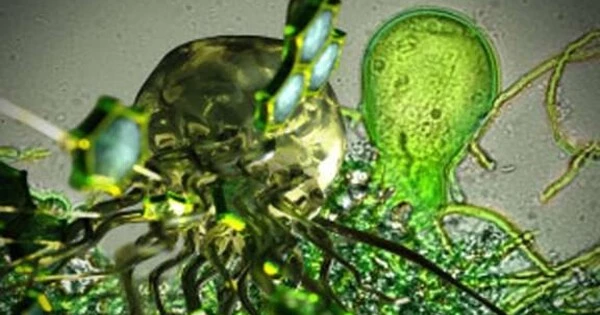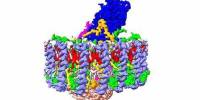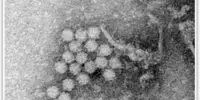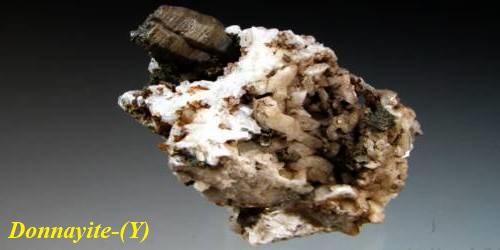Fungi are being researched for their potential to provide new probiotics in food production. Probiotics are live microorganisms that, when ingested in sufficient quantities, give health benefits. Probiotics have traditionally been associated with helpful bacteria such as Lactobacillus and Bifidobacterium strains.
The food industry has used and selected several fungal strains for their ability to ferment, generate tastes, or produce heterologous compounds. According to a new study, two fungi employed in food production may have probiotic benefits on gut inflammation. The study, which was published in mSystems, an American Society for Microbiology publication, offers a possible new method for developing novel probiotics.
“There is much to learn by studying the role of the fungal strains in the microbiota and host health and also that species simply used in food processes can be the source of new probiotics,” said lead study author Mathias L. Richard, Ph.D., Research Director at INRAE in the Micalis Institute in Jouy-en-Josas, France.
There is much to learn by studying the role of the fungal strains in the microbiota and host health and also that species simply used in food processes can be the source of new probiotics.
Mathias L. Richard
Currently, little is known about the variety of foodborne yeasts and their possible impact on gut microbiota and gut health. Are yeasts tiny fungi? composed of solitary cells that multiply by budding. Some have been employed for hundreds of years, such as Saccharomyces cerevisiae for wine and bread manufacturing, and many others, such as Debaryomyces hansenii, for cheese crust creation or ripening.
The researchers conducted the new study in order to gain a better understanding of the possible impact of fungal microbiome on human health. The goal of this study was to particularly target the fungus utilized by food industries to manufacture food products (cheeses, charcuterie).
“Since our interest is more focused on the role of fungi in gut health and on the development of Inflammatory Bowel Diseases (Crohn’s disease and ulcerative colitis), we monitored the effect of these fungi on adapted in vitro and in vivo models,” Richard said.
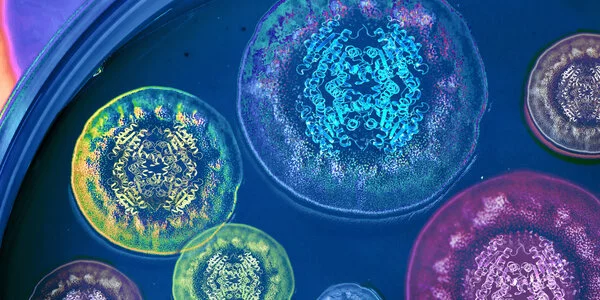
The researchers initially chose yeasts that were widely used in food production and represented a diverse spectrum of yeast species and then examined them in simple interaction tests with grown human cells or in an animal model that mimicked ulcerative colitis.
They discovered that some strains in a collection of strains utilized for food production can have a favorable effect on the stomach and the host in an inflammatory situation. They discovered two yeast strains, Cyberlindnera jadinii, and Kluyveromyces lactis, that may have favorable impacts on inflammatory settings in a mouse model of ulcerative colitis.
Several further studies were carried out in an attempt to determine the mechanism behind these results. In the case of C. jadinii, the protection appeared to be mediated by the transformation of the bacterial microbiota following C. jadinii administration to mice, which in turn impacted the sensitivity to gut inflammation via an unknown mechanism.
“These 2 strains have never been specifically described with such beneficial effect, so even if it needs to be studied further, and particularly to see how they are efficient in humans, it is a promising discovery,” Richard went on to say.
